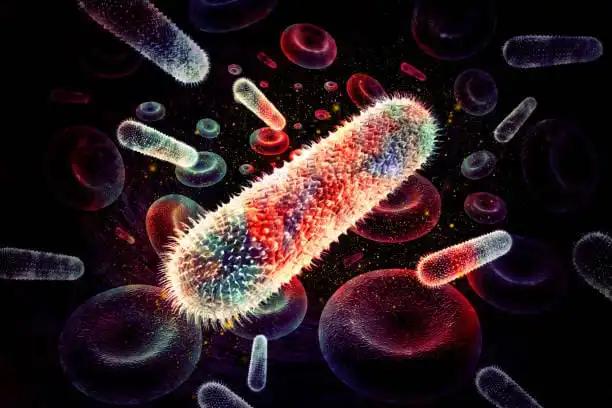KEY TAKEAWAYS
- This study analyzed how alloHSCT affected the prognosis of Ph-like ALL in BCP-ALL patients in two Italian national phase II trials (GIMEMA 1913 and GIMEMA 2317).
- The study reported that Ph-like signature marks a high-risk group in ALL with worse OS and DFS.
- AlloHSCT is better for non-Ph-like cases due to higher relapse risk in Ph-like cases within 2 years post-transplant.
This study assessed how allogeneic hematopoietic stem cell transplant (alloHSCT) influences the prognosis of Philadelphia (Ph)-like acute lymphoblastic leukemia (ALL) within a group of B precursor ALL (BCP-ALL) patients who participated in two consecutive Italian national phase II trials (GIMEMA 1913, NCT02067143, and GIMEMA 2317, NCT03367299).
The study involved 197 patients, 88 in the GIMEMA 1913 group and 109 in the GIMEMA 2317 group. Patient selection was based on the availability of data needed to identify the Ph-like signature. The “BCR/ABL1-like predictor” method determined the Ph-like status. The Ph-like status did not influence the transplant allocation decision-making. Eligibility for alloHSCT in CR1 was determined by the patient’s conventional disease risk profile at diagnosis and their post-consolidation minimal residual disease (MRD) status.
A Ph-like signature was detected in 58 out of 197 (29.4%) BCP-ALL patients. The characteristics were comparable between those with the Ph-like signature and those without it, except for a higher white blood cell count and a greater prevalence of patients with Ikaros deletions in the former group. Complete remission was accomplished in 81% of Ph-like patients compared to 88% of non-Ph-like patients. MRD negativity at TP2, after the first three cycles of chemotherapy, was overall lower in the Ph-like group. Ph-like patients have significantly worse 2-year DFS and OS rates than non-Ph-like patients. While 2-year DFS was 48% in Ph-like patients, it was 78% in non-Ph-like patients. The OS for Ph-like patients was 61%. It was 79% for non-Ph-like patients.
Of the 45 patients who received alloHSCT, 38% were Ph-like, and 62% were non-Ph-like ALL. A consolidative alloHSCT improved outcomes mostly in non-Ph-like compared to the Ph-like group. The 2-year OS rate was 81.4% in non-Ph-like patients and 50.4% in Ph-like patients. Similarly, the 2-year DFS rate was 79.8% in non-Ph-like patients and only 40.3% in Ph-like patients. In the Ph-like group, the potential benefit of alloHSCT was hampered mainly by a high incidence of leukemia relapse during the first two years after transplantation.
The Ph-like signature is a high-risk subgroup within the ALL population associated with worse OS and DFS. AlloHSCT offers a more significant advantage to patients at high risk of relapse, particularly those who do not have the Ph-like signature. Patients with Ph-like cases have an increased risk of relapse within the first two years following alloHSCT. These results help identify this subgroup at diagnosis to optimize treatment and get a deeper remission.
Source: https://ebmt2023.abstractserver.com/program/#/details/presentations/1663
Clinical Trials: https://classic.clinicaltrials.gov/ct2/show/NCT02067143
https://classic.clinicaltrials.gov/ct2/show/NCT03367299
Rizzuto, G., Bonifazi, F., Piciocchi, A., Oldani, E., Spinelli, O., Grassi, A., Starza, I.D., Santoro, A., Beldinanzi, M., Cardinali, D., Borlenghi, E., Bocchia, M., Fabritiis, P.D., Candoni, A., Ferrara, F., Salutari, P., Lunghi, M., Giglio, F., Martino, M., Messina, M., Arena, V., Bassan, R., Ciceri, F., Rambaldi, A., Foà, R., Lussana, F., Chiaretti, S. THE IMPACT OF ALLOGENEIC STEM CELL TRANSPLANTATION IN PH-LIKE PATIENTS: A REPORT FROM THE NATIONAL TREATMENT PROTOCOLS GIMEMA 1913 AND GIMEMA 2317.



